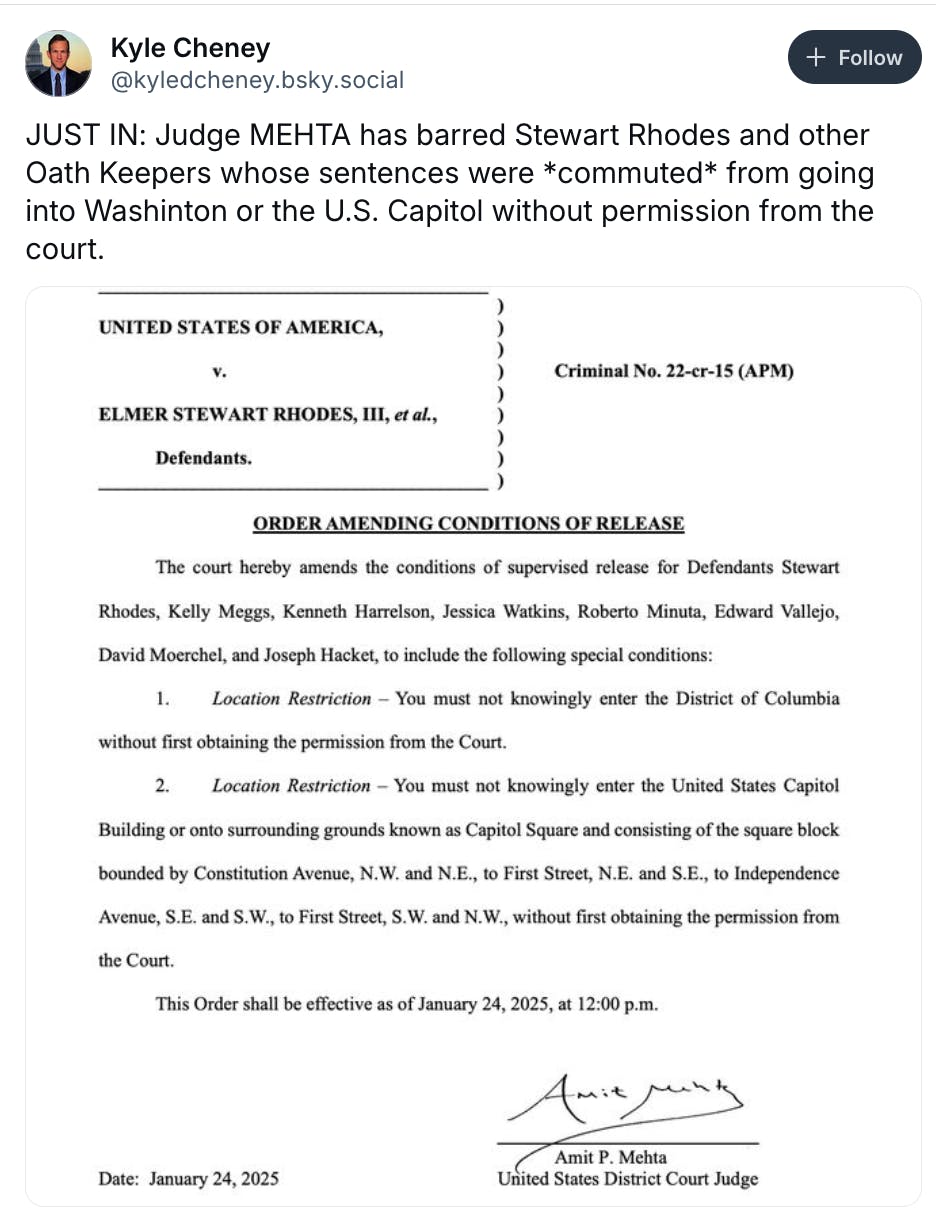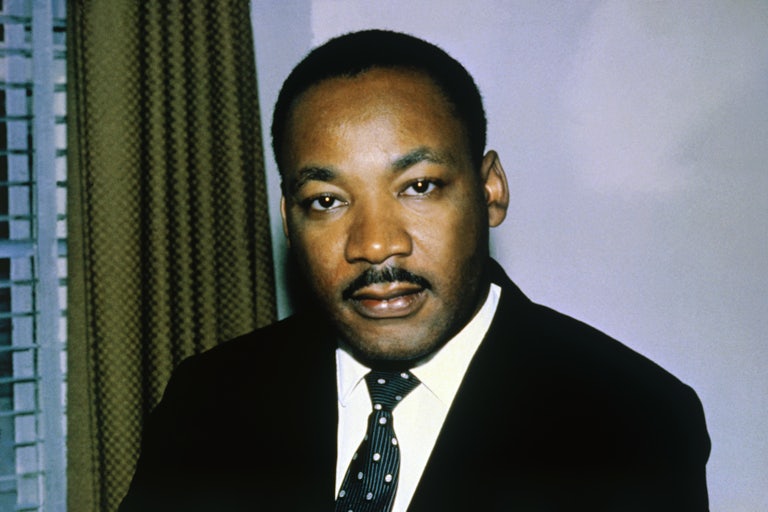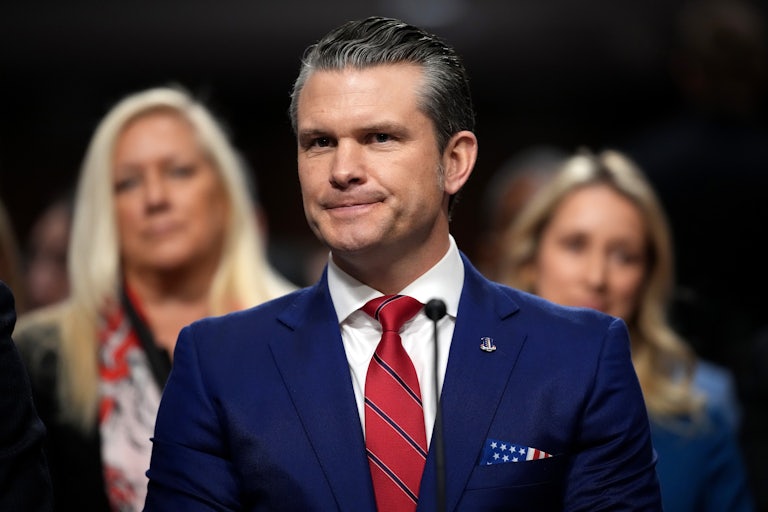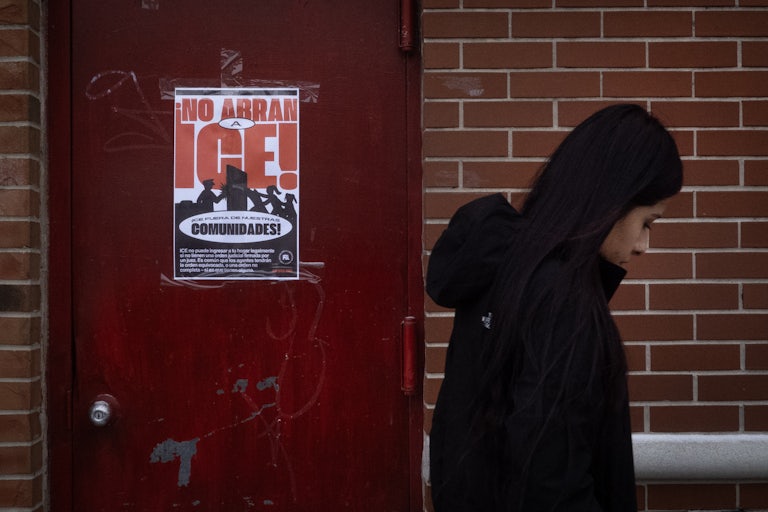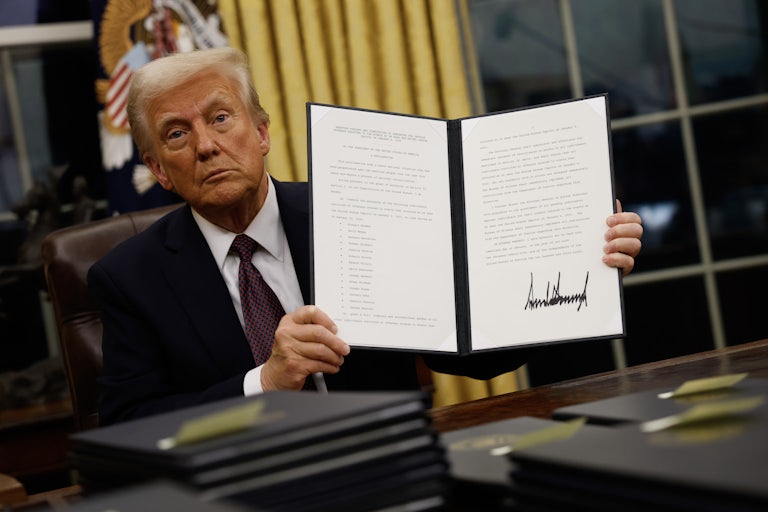Trump’s Assault on Birthright Citizenship Keeps Getting More Psychotic
The Department of Justice is embracing a nineteenth-century case that denied citizenship to Native Americans to try to justify its blatantly unconstitutional push.

The Trump administration is embracing a dark loophole to justify the executive’s attempts to dismantle birthright citizenship.
Donald Trump’s Justice Department cited an archaic statute in a legal filing Wednesday, arguing that the president’s executive order ending constitutionally guaranteed birthright citizenship should be totally kosher, since the children of Native Americans weren’t historically considered citizens, either.
The department cited Elk v. Wilkins, a landmark 1884 case in which the Supreme Court ruled 7–2 that Native Americans could not vote since they owed “immediate allegiance” to their tribes rather than the United States, even if they were born on American soil. (To rectify this, Congress enacted the Indian Citizenship Act in 1924 to extend citizenship to Native Americans who had been precluded from the Constitution’s protections.)
But according to Trump’s administration, the ancient ruling opens up the possibility that some individuals born within the nation’s boundaries “are not constitutionally entitled to citizenship.”
“Indian tribes occupy an intermediate position between foreign States and U.S. States,” the Justice Department wrote in a motion opposing a temporary restraining order on Trump’s executive missive. “The United States’ connection with the children of illegal aliens and temporary visitors is weaker than its connection with members of Indian tribes. If the latter link is insufficient for birthright citizenship, the former certainly is.”
The forty-seventh president’s move to end birthright citizenship was blocked by a federal judge on Thursday, who deemed the executive order as “blatantly unconstitutional.”
“I have been on the bench for over four decades. I can’t remember another case where the question presented was as clear,” Judge John Coughenour, a Reagan appointee, said, adding that it “boggled” his mind that anyone in the legal profession would believe the order could pass muster with the U.S. Constitution.
“Where were the lawyers?” when the order was made and signed, the judge asked.
Birthright citizenship is baked into the Fourteenth Amendment, which guarantees citizenship to everyone born or naturalized on U.S. soil.
“No State shall make or enforce any law which shall abridge the privileges or immunities of citizens of the United States; nor shall any State deprive any person of life, liberty, or property, without due process of law; nor deny to any person within its jurisdiction the equal protection of the laws,” the text of the amendment reads.


